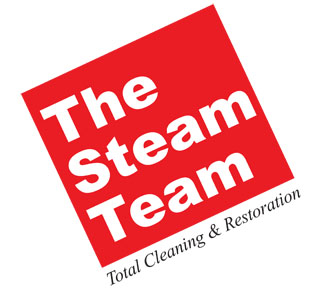How Can You Know What Cleaning Products Are Harmful?
/These days, it can be somewhat difficult to know if the products you use to clean are actually safe for you and the loved ones in your home. In fact, according to a study by The Environmental Working Group, 53 percent of cleaning products contain lung-harming ingredients. So the question is, what can you do to identify which products are safe to use?
Look Out For These Toxic Chemicals
If any of your cleaning products contain the following chemicals, you might want to think twice about using them:
Phthalates -- These can be found in many fragranced household products like air fresheners, dish soap, and even in toilet paper! If the product says “fragrance”, it likely contains phthalates, which are known endocrine disruptors.
Perchloroethylene or “PERC” -- This is a neurotoxin, and possible carcinogen that can be found in most carpet and upholstery cleaners.
Triclosan -- Another possible carcinogen that can be found in most dishwashing detergent and hand soap labeled “antibacterial”.
Ammonia -- This is a very powerful irritant that has been known to cause chronic bronchitis and asthma after prolonged inhalation. Unfortunately, ammonia can be found in most polishing agents and glass cleaners.
DIY Alternatives
Luckily for you, there are safer ways to keep your home clean. We’ll list a few for you here:
For carpet cleaning; mix 3 cups water, ¾ cup vegetable-based liquid soap, and 10 drops peppermint essential oil. Then rub the foam into the carpet with a damp sponge, let the spot dry, and then vacuum!
Instead of regular laundry soap, you can try “soap nuts”. They’re made from the dried fruit of the Chinese soapberry tree. They’re available online and in some natural grocery stores. They come in a cotton sack that goes into the washing machine with the clothes.
Rather than using furniture polish, try a microfiber cloth. You can even use a little olive oil as a polishing agent.
Keep in mind, in this article we have only listed a few of the cleaning products that may contain toxic chemicals, as well as only a few healthier alternatives. For a more in-depth idea of what’s in your cleaning products, call a professional from The Steam Team and feel free to ask!


